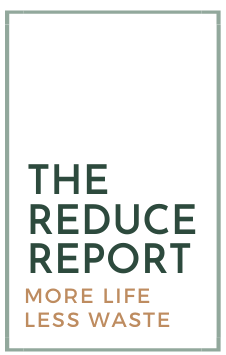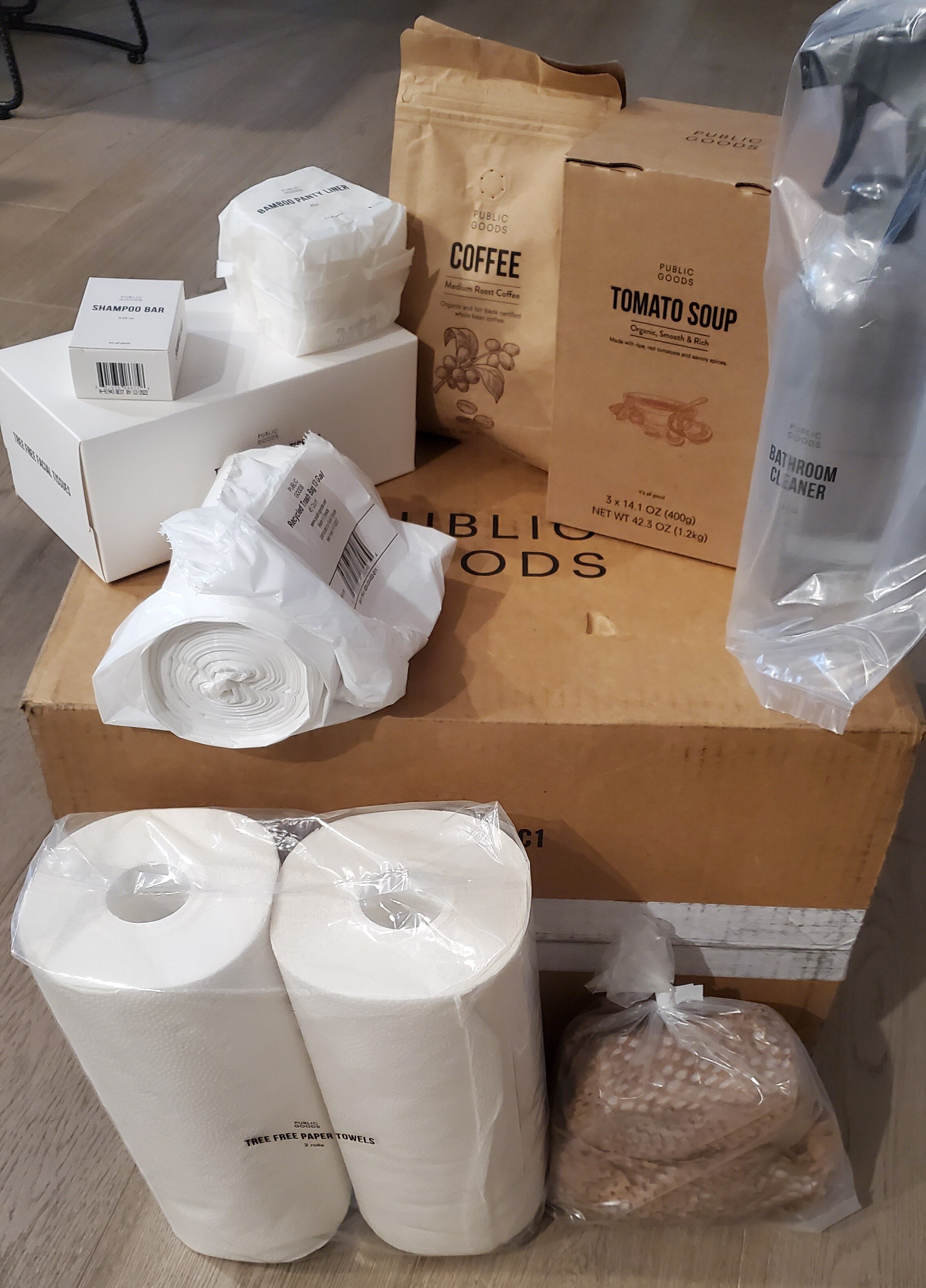Hey there.
We are two friends living on opposite coasts (Brooklyn, New York and Santa Monica, California) that share a passion for living a minimal, zero waste lifestyle and on a mission to help others do the same.
Harper. Lives in Brooklyn with a +1. Sassy pup. Matcha. Wine. Whiskey. Cheese. Proscuitto.
Charley. Lives in Los Angeles with a +1. Doofy pup. Coffee. Wine. Whiskey. Cheese. Pasta.



















